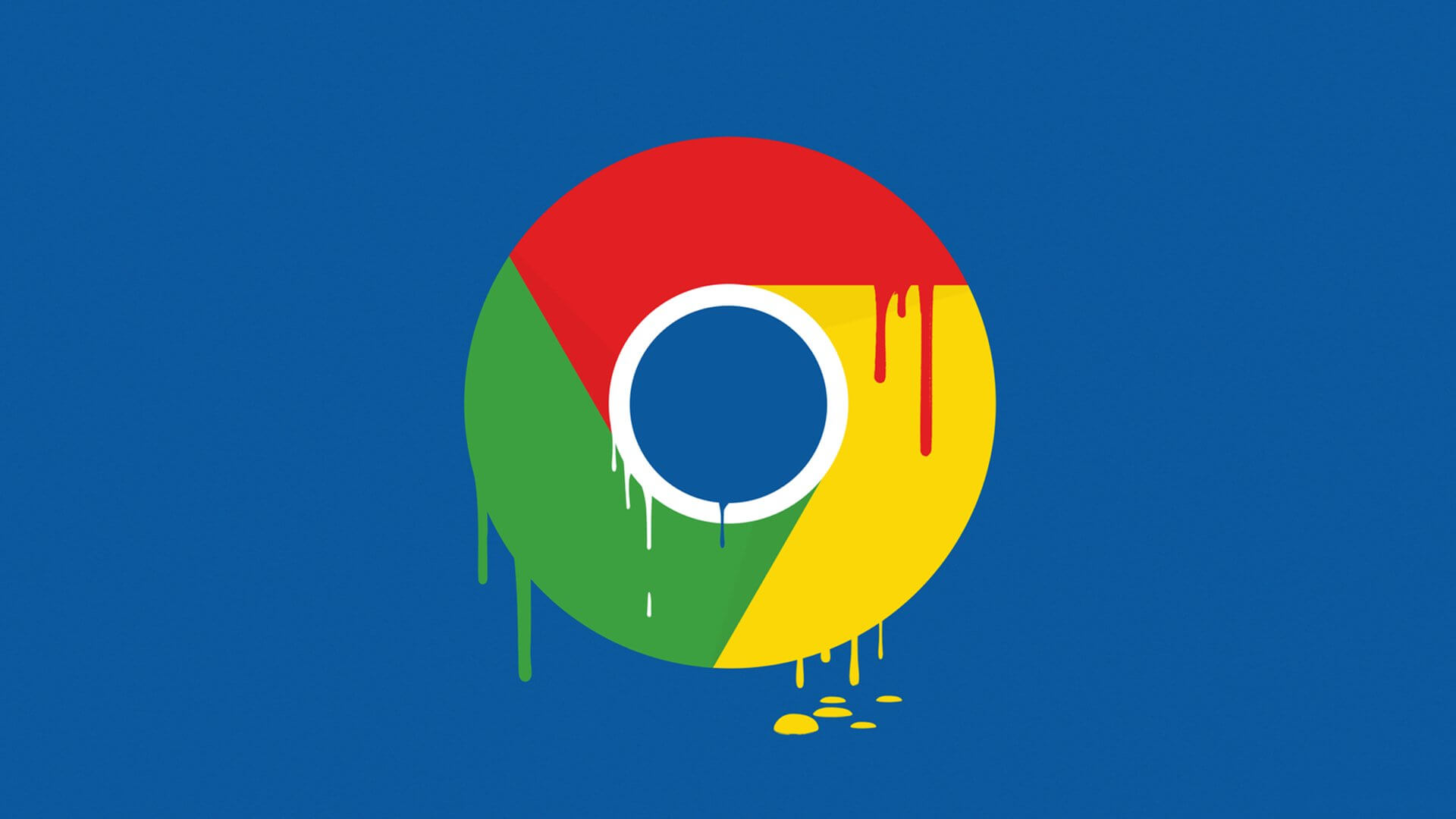Why it matters: We know that web browsers such as Chrome and Firefox love to suck up our system resources and RAM---a problem that is becoming more noticeable as websites get bigger---but Google and Mozilla are finally doing something about this annoying issue.
With the launch of Chrome 68 last week came a new feature called Page Lifecycle Interface. It allows the browser to better optimize system resources by pausing websites that are inactive and restarting them when needed.
Page Lifecycle is inspired by a similar function found on smartphones, one which involves operating systems pausing background apps and processes that aren't being used in order to free up resources and extend battery life. But for Page Lifecycle to work optimally, web developers will need to support it.
The feature also supports progressive web apps (PWAs)---websites that use modern web capabilities to deliver an app-like user experience on smartphones. This should mean the feature will integrate seamlessly with mobiles and bring improved performance.
When it comes to Firefox, Mozilla's Fission Memshrink project aims to cut 7MB or more from what can be hundreds of processes the browser uses to render a website on a screen. The company writes that "the project is one of the most easily overlooked aspects of Project Fission (also known as Site Isolation), but is absolutely critical to its success. And will require a company- and community-wide effort to meet its goals."
Memshrink is part of Mozilla's Fission program, which is similar to Google's Site Isolation. The security feature works by opening a new browser process for any domain the user loads in a tab.
"In order for site isolation to work, we need to be able to run *at least* 100 content processes in an average Firefox session. Each of those processes has its own base memory overhead---memory we use just for creating the process, regardless of what's running in it. In the post-Fission world, that overhead needs to be less than 10MB per process in order to keep the extra overhead from Fission below 1GB. Right now, on our best-cast platform, Windows 10, is somewhere between 17 and 21MB. Linux and OS-X hover between 25 and 35MB. In other words, between 2 and 3.5GB for an ordinary session," explains Mozilla.
"That means that, in the best case, we need to reduce the memory we use in content processes by *at least* 7MB. The problem, of course, is that there are only so many places we can cut memory without losing functionality, and even fewer places where we can make big wins. But, there are lots of places we can make small and medium-sized wins."
You can download Chrome 68 here.
